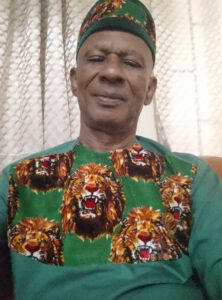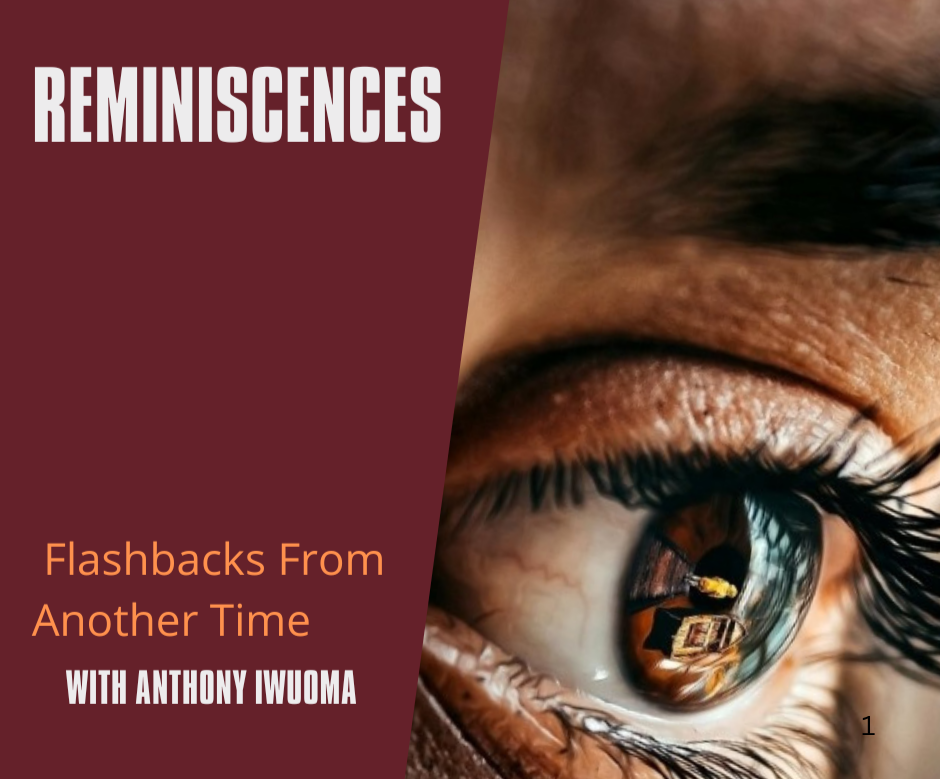
Anthony Iwuoma
By Publisher
Kindly share
The recent proposal to appoint the Sultan of Sokoto and the Ooni of Ife as permanent co-chairmen of a proposed National Council of Traditional Rulers appears to be a dangerously ill-conceived idea. It is not just impractical; it is potentially explosive.
The originated from a bill sponsored by Senator Simon Bako Lalong, representing Plateau South Senatorial District. The bill is titled the National Council for Traditional Rulers of Nigeria (Establishment) Bill, 2024. It passed its second reading in March 2025 and is currently being reviewed by the Senate Committee on Establishment and Public Service.
Nigeria is a tapestry of diverse cultures, ethnicities, and religions. Its delicate unity is held together by a fragile federal structure, one that requires careful, inclusive policymaking to maintain harmony. Against this backdrop, the proposal is politically tone-deaf and dangerously provocative.
While no official document from the sponsor elaborates in detail on the strategic intent, supporters of the proposal, particularly from the North, argue that the Sultan already plays a leading role in coordinating traditional leadership and that formalising his position, alongside the Ooni’s, would help give the council a stable, recognised face.
However, critics argue that the move is exclusionary and likely to inflame regional tensions.
In a country where identity politics is deeply entrenched and historical grievances remain unresolved, this proposal threatens to deepen divisions rather than promote unity. It prioritises symbolic appeasement over structural justice, and risks turning an advisory council into a flashpoint of ethno-religious and regional conflict. This Sultan-Ooni co-chair proposal cannot fly because of the inherent dangers it poses to Nigeria’s already tenuous national cohesion.
To begin with, Nigeria is a federal republic, not a feudal state. The federal character enshrined in the constitution demands equitable representation of all ethnic groups, regions, and religious affiliations in national institutions. Creating permanent co-chairs from only two regions, the North and the South-west, violates the spirit of federalism. It sends a clear message to other parts of the country: you are second-tier stakeholders in the Nigerian project.
Nigeria is home to hundreds of ethnic groups and traditional institutions. The Oba of Benin in Edo, the Obi of Onitsha in Anambra, the Tor Tiv in Benue, the Attah of Igala in Kogi, the Obong of Calabar in Cross River, the Oba of Lagos in Lagos, and the Shehu of Borno in the North-east all wield immense cultural authority in their regions. What justifies elevating only two monarchs to permanent leadership roles in a national council supposedly meant to unify these diverse voices? It reeks of selective recognition and institutional favoritism.
In Nigeria, perception is often more powerful than reality. Whether or not the Sultan and the Ooni are intended to wield more influence than others, making them permanent co-chairs would be widely perceived as entrenching Northern and Southwestern dominance. This perception alone could inflame already volatile sentiments in the South-east, South-south, and North-central regions.
The country is still reeling from the effects of a Biafran secessionist agitation in the South-east, ongoing militancy in the Niger Delta, and farmer-herder clashes across the Middle Belt. Introducing a permanent dual monarchy at the apex of a national body, especially one with ambiguous powers, risks being interpreted as an attempt to marginalise other regions further. The optics are terrible, and in a country like Nigeria, optics can be everything.
If such a council is ceremonial, why is there a need for permanent leadership? And, if it is to play a more active role in governance, such as in community policing or cultural policy, then the council must be democratically structured and inclusive, not rooted in symbolic favoritism.

Sultan of Sokoto and Ooni of Ife
Worse still, permanently installing the Sultan and the Ooni at the helm creates an illusion of hierarchy among monarchs, which could generate a new layer of inter-ethnic rivalry and competition for supremacy. This is not the time to manufacture new points of friction.
One must also consider the historical sensitivities involved. The Sultan of Sokoto is not just a traditional ruler; he is the spiritual head of Nigerian Muslims and a symbolic successor of the Sokoto Caliphate. For many in the Christian-majority South, especially the South-east and parts of the Middle Belt, the caliphate represents historical conquest and religious domination. To enshrine the Sultan as a permanent co-chair could reopen and deepen old wounds.
Similarly, while the Ooni of Ife holds a respected place in Yoruba cosmology and culture, not all Yoruba traditional rulers recognise him as primus inter pares. The Alaafin of Oyo, for instance, has historically been seen as equally authoritative. Elevating one over others could create friction within the Yoruba traditional system itself.
Nigeria’s regions are already deeply polarised along ethnic and religious lines. In the current climate, the government should be working to decentralise power and promote local autonomy, not centralise cultural leadership in a way that mimics political hegemony.
Appointing permanent co-chairs from two zones risks entrenching a duopoly of influence in a plural society. It may lead to a situation where the council becomes a North-South-west alliance, marginalising voices from the East and South-South. This is not merely a symbolic imbalance; it could become a practical tool of exclusion.
There is a strong suspicion that the proposal is politically motivated. Some believe it is an attempt by the Federal Government or certain power blocs to curry favour with influential traditional leaders in exchange for political loyalty or stability. If this is true, it further delegitimises the council and turns it into an instrument of state manipulation.
In a country where public trust in government is at an all-time low, introducing a council that appears to favour some groups over others will be counter-productive, only deepen cynicism and resentment. Nigerians are not blind to the nuances of power. They will not accept symbolic unity at the cost of real equity.
The Sultan of Sokoto, spiritual head of Nigeria’s Muslims, and the Ooni of Ife, a central figure in Yoruba traditional and spiritual leadership, are undoubtedly prominent figures. But permanently elevating only these two out of the dozens of equally significant monarchs across the country smacks of selective reverence, and worse, federal favouritism.
Are other top-notch monarchs expected to play second fiddle forever in a council designed to represent all traditional institutions? That’s not inclusion; it’s institutionalised inequality.
Nigeria is already a brittle federation, barely holding together threads spun from historic grievances and regional mistrust. This proposal would not patch the fabric of unity; it would rip it wider.
There’s a tragic irony here. The same country where traditional rulers have no constitutional roles or defined authority is now attempting to crown symbolic kings within a toothless council. This is not governance; it’s theatre, and an elaborate joke played on a weary nation.
Worse, this move reeks of political expediency. Whether it is an attempt to curry favour with dominant power blocs or, perhaps, a ploy to soothe restive regions with empty titles instead of real reforms, it’s a distraction from the real work of nation-building.
In a country as polarised as Nigeria, symbolism is never neutral. A flag hoisted too high in one region is seen as a slight in another. The proponents of this idea may claim to seek national cohesion, but they are fishing for trouble in an already boiling cauldron.
Instead of elevating two monarchs above others, why not empower all traditional rulers through clearly defined roles in community policing, cultural preservation, and conflict resolution? Why not create rotating leadership within the council, allowing every region a fair voice over time?
If Nigeria must have a National Council of Traditional Rulers, it should reflect its rich diversity, not mirror the power imbalances that have long haunted the federation.
In a land already burdened by the weight of division, this proposal is more than ill-timed; it’s dangerously naive. Elevating two royal thrones above others is not a step toward unity; it’s a stumble toward fresh discord.
Nigeria is no stranger to political miscalculations. But some missteps echo louder than others. This one, if taken seriously, might just resound like a joke, only this time, no one will be laughing.

Anthony Iwuoma
Anthony Iwuoma is a political analyst and newspaper columnist





